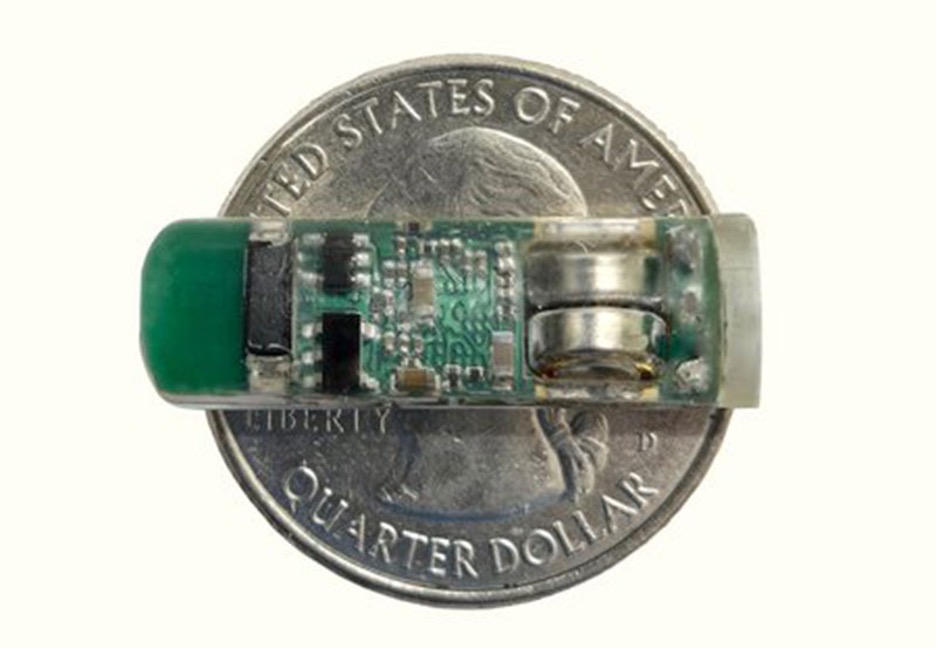
After a notable uptick in AI's use in healthcare in 2023, stakeholders anticipate even more widespread use of the technology in 2024 across a range of industries, from consumer loneliness to physician burnout relief through physician-facing technologies. Digital health industry leaders shared with MobiHealthNews that they believe Artificial Intelligence will have the biggest impact on healthcare in 2024.
Neil Patel, head of new ventures at Redesign Health: "At the enterprise level, uncertainty around OpenAI's future may lead to organizations taking a step back to develop an AI strategy that isn't so dependent on a single platform–analogous to the multi-cloud strategy discussion. From a use case perspective, until more traceability and verification for AI-generated outputs and regulation catches up, AI will be pointed at administrative and operational use cases vs. clinical and patient-facing ones."
Doug Hirsch, Co-founder and Chief Mission Officer at GoodRx: "This year, we saw AI, ChatGPT, and VR dominate tech conversations. And I’m sure we’ll continue to see consumers and the health system embrace these solutions in some way, shape, or form next year. But I really think the industry should prioritize applying the technology that solves our most fundamental healthcare challenges.
That doesn’t necessarily mean we need the flashiest technology. In fact, the shiniest solutions often are not immediately scalable, and therefore, their promise to better our healthcare system lies multiple years down the road. My hope is we’ll see more smart applications of AI that increase transparency within the healthcare system."
Read more: Medtronic and Cosmo Partner Up for AI-driven Care
Kourosh Davarpanah, CEO and Co-founder of Inato: "In 2024, we will see an unusually swift adoption of AI at all levels of the healthcare industry. This trend is already evident in the biopharma industry. Traditionally a slower adopter, biopharma is already using AI at scale from drug discovery to portfolio management, all the way to clinical trial design and delivery."
Matthew Stoudt, Co-founder and CEO of AppliedVR: "We are entering the Cambrian explosion of AI in healthcare. Using algorithms to better respond to individual patients and personalize care will be a new frontier for AI, and in VR, there are opportunities to deliver AI-driven one-to-one and group therapy sessions as well as precision VR therapy based on each person's biofeedback data. I'm excited to see the impact AI will make across the ecosystem."
Amit Khanna, Senior Vice President and General Manager of Health at Salesforce: "My prediction is that generative AI will transform healthcare, fundamentally changing the cost trajectory of the industry. GenAI will be used for a number of things, including creating efficiencies in claim management and summarization, turning unstructured data into insights, and spotting trends/patterns to better predict at-risk patients. It will also be applicable in the life sciences industry, accelerating clinical trials, including the trial recruitment and enrollment process, such as identifying eligible participants and matching them with the right sites to reduce drop off in a clinical trial study."


